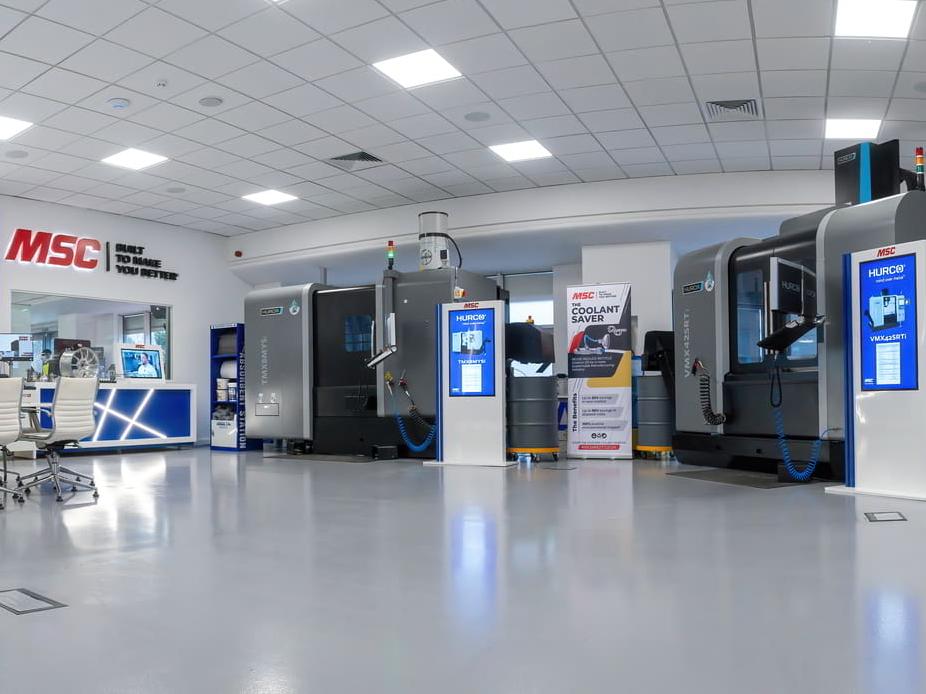Editor’s comment: January 2018
I visited the Mazak EMO Encore open house recently at its facility in Worcester. The main thrust behind the event – as the name suggests – was to showcase the technology that was originally unveiled at EMO. Understandably, not everyone was able to make the pilgrimage to Hannover in September 2017 so this was a good way of bringing the technology closer to home for UK customers.
Industry 4.0 was a strong theme for Mazak at EMO. Its iSMART Factory solution is all about connected manufacturing and at the open house I got the chance to speak to one of its product managers Mark Hall about the very nuts and bolts of Mazak’s solution.
I guess to an SME or small manufacturing business, Industry 4.0 may not seem relevant at the moment and many will be wondering how all this stuff is going to impact them. Mazak is a large corporation with much resource at its disposal so it has had the ‘luxury’ of being able to spend time developing and indeed implementing its technology. Its factory in Oguchi, Japan is well on the way to becoming a fully fledged iSMART Factory.
But whilst widespread implementation of Industry 4.0 is probably a way off, after speaking to Mark it all became a bit clearer of what this is all about – at least from Mazak’s perspective.
Essentially, it’s all about data: collecting it and doing something meaningful with it afterwards with the ultimate aim of using that data to develop artificial intelligence. When you pare Mazak’s system back to bare basics, it’s actually pretty clear.
Machine tools, robots and other equipment is equipped with MTConnect adaptors – which convert data to the MTConnect protocol. MTConnect by the way is a universal, open, royalty-free communications protocol.
The data comes off the machines and goes to the Mazak SmartBox which is essentially a Cisco-secure network interface that connects the factory floor to the office and facilitates data sharing. That data is then collected, analysed and processed; ultimately it will be used to develop artificial intelligence and initiate process improvements.
OK so the above is a somewhat over-simplified explanation of what is quite obviously a complex process but the real challenge is using that data meaningfully. Data is an obsession in our society generally and the danger here is having mountains of information sitting there doing nothing useful.
With this in mind, Mark Hall believes that one of the most sought-after careers in the future will be data scientists and I wouldn’t argue with him – the worlds of IT and engineering are becoming ever-closer. Playing devil’s advocate, my only worry is that once artificial intelligence ‘learns’ how to do everything, where will human beings fit into the equation? Take a look at my article on page 18.
Dave Tudor Editor













